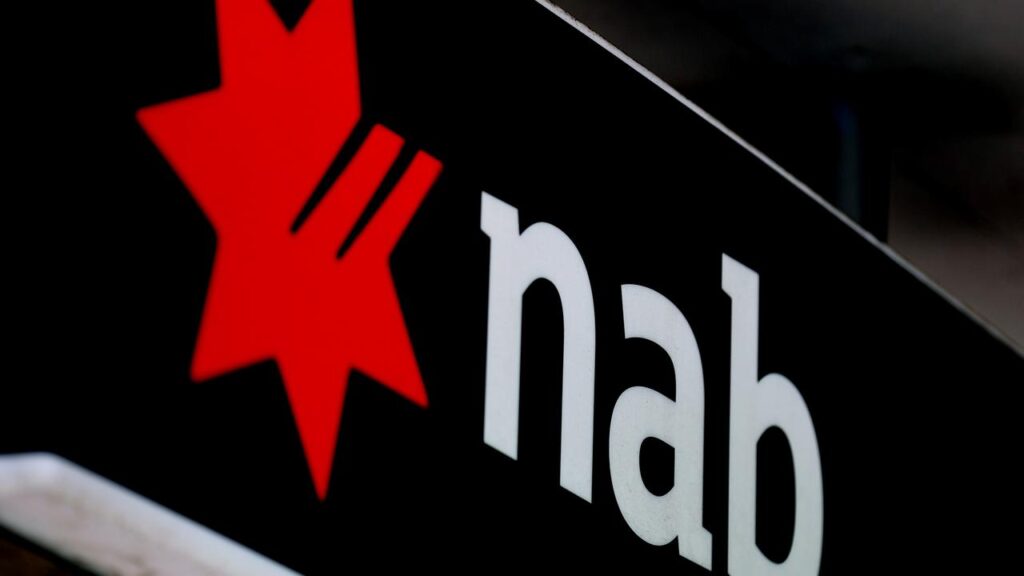‘Lifeline’: Big move to protect cash
Written by admin on November 18, 2024
The Albanese government is unveiling a plan to protect cash as a payment method, calling the legal tender a “lifeline” for many across the country.
Some 1.5 million Australians prefer using cash to digital payments, and in some remote parts of the vast continent, it is the only viable option.
Currently, there are no legal requirements for businesses to accept cash if they have another option that does not slap customers with a fee.
The Treasury announced late on Sunday that the government was looking to mandate that businesses accept cash for “essential items”.
“People are increasingly using digital payment methods, but there is an ongoing place for cash in our society under the Albanese government,” Treasurer Jim Chalmers and Assistant Treasurer Stephen Jones said in a statement.
“The government will mandate that businesses must accept cash when selling essential items, with appropriate exemptions for small businesses.”
They said the government was still fleshing out what constitutes an essential item.
But broadly speaking, it would include things such as groceries and fuel, with supermarkets, basic banking services, pharmaceuticals, petrol stations, utilities and healthcare services.
“For many Australians, cash is more than a payment method, it’s a lifeline,” the Treasury officials said.
“Around 1.5 million Australians use cash to make more than 80 per cent of their in-person payments.
“Cash also provides an easily accessible back-up to digital payments in times of natural disaster or digital outage.”
Other developed economies that have introduced similar mandates include Spain, France, Denmark and Norway.
Norway was a world leader in transitioning to a cashless society, but its parliament passed laws mandating business continue accepting cash amid heightened security concerns from Russia.
Drawing partly from experiences overseas, Mr Chalmers and Mr Jones said the Treasury would start consulting on which businesses should be covered by the mandate by the end of the year, with a view to introducing a mandate in January 2026.
“The consultation will consider the needs of those who rely on cash, including people in regional areas and those unable to use digital payments, as well as the impact on businesses, particularly small businesses,” they said.
“It will also cover what further steps are required to ensure the long-term and sustainable distribution of cash to enable adequate access.”
The consultation would also figure out where exemptions are appropriate.
France’s hard line approach makes it illegal to refuse cash payments with very few exceptions, including issues with the cash itself.
Another exemption is where there is a safety concern for the merchant, such as a shopkeeper working a nightshift.
France’s central bank has said that cash “guarantees that everyone has the freedom to choose how they wish to pay.”
The Albanese government also announced it was committing to a cheque phase out.
The Cheques Transition Plan aims to “stop being issued by 30 June 2028 and stop being accepted on 30 September 2029.”
“The usage of cheques has declined by 90 per cent in the last ten years and many banks and financial institutions are ending cheque issuance for new customers,” Mr Chalmers and Mr Jones said.
“To manage this industry trend, the government is acting to give customers and businesses the certainty and the assistance they need to switch to other payment methods.
“Banks also have a responsibility to support cheque users as part of this smooth transition.”
They said the plan came after a year of consultations with cheque users and banks.
“These reforms are all about modernising Australia’s payments system to ensure our financial sector is competitive, efficient and delivering for the economy and the Australian people,” they said.







